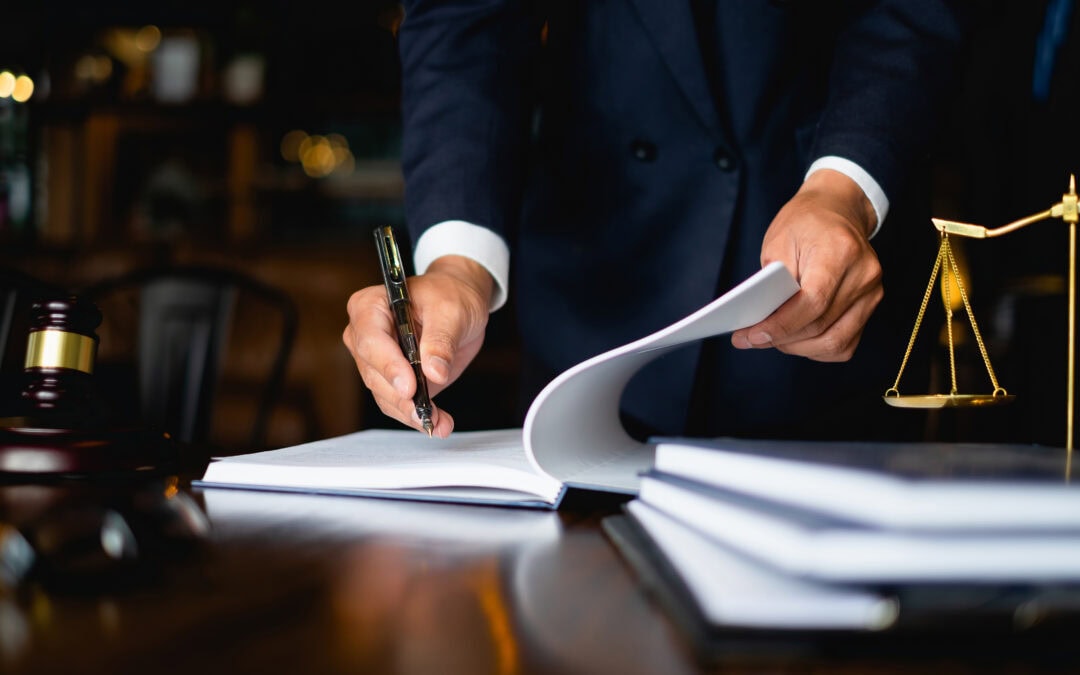Historic oil and gas activities in Louisiana have left a hidden legacy of pollution and property damage. Decades-old wells, unlined pits, and abandoned pipelines can still contaminate soil and groundwater. When landowners discover new harm, they may face high cleanup costs and health risks. In these cases, Louisiana courts allow Legacy litigation to hold operators and landowners liable for past actions. This blog explains why you should act quickly, what legal claims you can bring, and how to protect your rights under Louisiana law.
The History of Oil & Gas Operations in Louisiana
Louisiana’s oil and gas boom began in the early 1900s. Producers often dug unlined pits for drilling waste. They left many wells unplugged and let pipelines deteriorate. Operators rarely tested soil or water for contamination. Over time, leaking pits seeped chemicals into the ground. Abandoned wells began releasing methane and brine, damaging crops and ornamental plants. In the 1960s and 1970s, regulators tightened rules, but many older sites escaped cleanup. Today, property owners still find pollution decades later. Legacy litigation lets you address harms from those early practices.
What Triggers Legacy Litigation?
Imagine stepping onto your land one day only to find patches of dead grass, foul-smelling puddles, or strange odors drifting up from the soil. For many Louisiana landowners, these unwelcome surprises are the legacy of long-ago oil and gas work. Hidden contaminants in the earth, a forgotten well quietly leaking methane, or salt-tainted water can turn fertile fields into hazards, and strip the value from your property. Fortunately, our laws may let you bring a claim once you uncover these harms. Common triggers for a Legacy suit include:
- Soil and Groundwater Contamination: Chemicals from drilling mud and brine pits can taint your land for years. New tests may reveal toxic levels in soil or water.
- Leaking Orphan Wells: Unplugged wells can emit methane gas or salty water, harming crops and posing explosion risks.
- Property Damage and Crop Loss: Saline spills kill vegetation and damage farm yields. Your land’s value can drop dramatically.
- Health Concerns: Exposure to benzene, heavy metals, and other contaminants may cause headaches, skin rashes, or worse. Louisiana laws may allow claims under the discovery rule when injuries appear long after the spill.
Key Legal Claims
Facing years of spills, leaks, and forgotten wells can leave your land damaged and your health at risk. Thankfully, Louisiana law arms you with several powerful claims to hold operators accountable for the lasting harm of historic oil and gas work. Whether you point to negligence, nuisance, strict liability for high-risk activities, or broken servitude duties, each cause of action offers a path to cleanup, restoration, and compensation. Below are the key legal tools you can use to pursue your Legacy claim in Louisiana.
Negligence
You must prove the operator owed you a duty, breached it, and caused your injury or property damage. Historic records, expert reports, and groundwater tests help link the harm to the operator’s actions.
Nuisance
If spills or leaks substantially and unreasonably interfere with your property use or health, you can claim private nuisance. You don’t need to show a breach of standard care—only that the contamination interfered with your rights.
Strict Liability for Abnormally Dangerous Activities
Drilling and waste disposal qualify as abnormally dangerous. Louisiana law lets you hold operators strictly liable for harm, even without proof of negligence.
Mineral Servitude and Lease Breach
The Louisiana Mineral Code obliges lessees to restore land and plug wells. If they ignore these duties, you can claim breach of lease or servitude obligations.
These theories let you recover cleanup costs, property damages, and in some cases, medical expenses.
Statutes of Limitations & Louisiana Law Nuances
Imagine you’ve uncovered evidence of historic spills or a leaky well on your property. You’re ready to hold the operator responsible—but Louisiana law gives you only a limited window to act. Understanding these deadlines and special rules is just as important as knowing your legal theories. Miss the clock, and you may lose your chance to recover cleanup costs, property damages, or even medical bills.
How Landowners Can Protect Their Rights
If you suspect Legacy contamination, you don’t have to sit back and watch the damage grow. By moving quickly—testing early, tracking down past operators, safeguarding every scrap of proof, and enlisting expert legal help—you’ll lock in your rights and lay the groundwork for cleanup and compensation. Take these steps to protect what’s yours:
- Consult a Legacy Attorney Early. A Louisiana attorney familiar with Legacy litigation can guide you through deadlines, the rules of evidence, and negotiations with opposing parties.
- Order an Environmental Site Assessment. Enlist a qualified engineer to sample soil and groundwater. Early testing helps prove your case.
- Review Title and Chain of Title. A title search can identify past operators and successors. This information is critical for naming defendants.
- Preserve Evidence. Keep photos, land records, well logs, and lab reports in a safe place. Document your cleanup costs and health incidents.
Historic oil and gas operations can leave lasting harm on your land, health, and wallet. Louisiana’s Legacy litigation rules give you a path to recover cleanup costs and damages, but time limits and legal complexities require prompt action. If you suspect contamination on your property, contact Talbot, Carmouche & Marcello today for a free case review. Our experienced litigators will help you understand your rights and build a strong claim to hold operators accountable. Don’t wait—protect your land and secure the justice you deserve.

